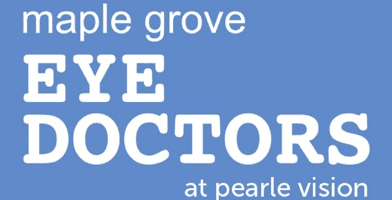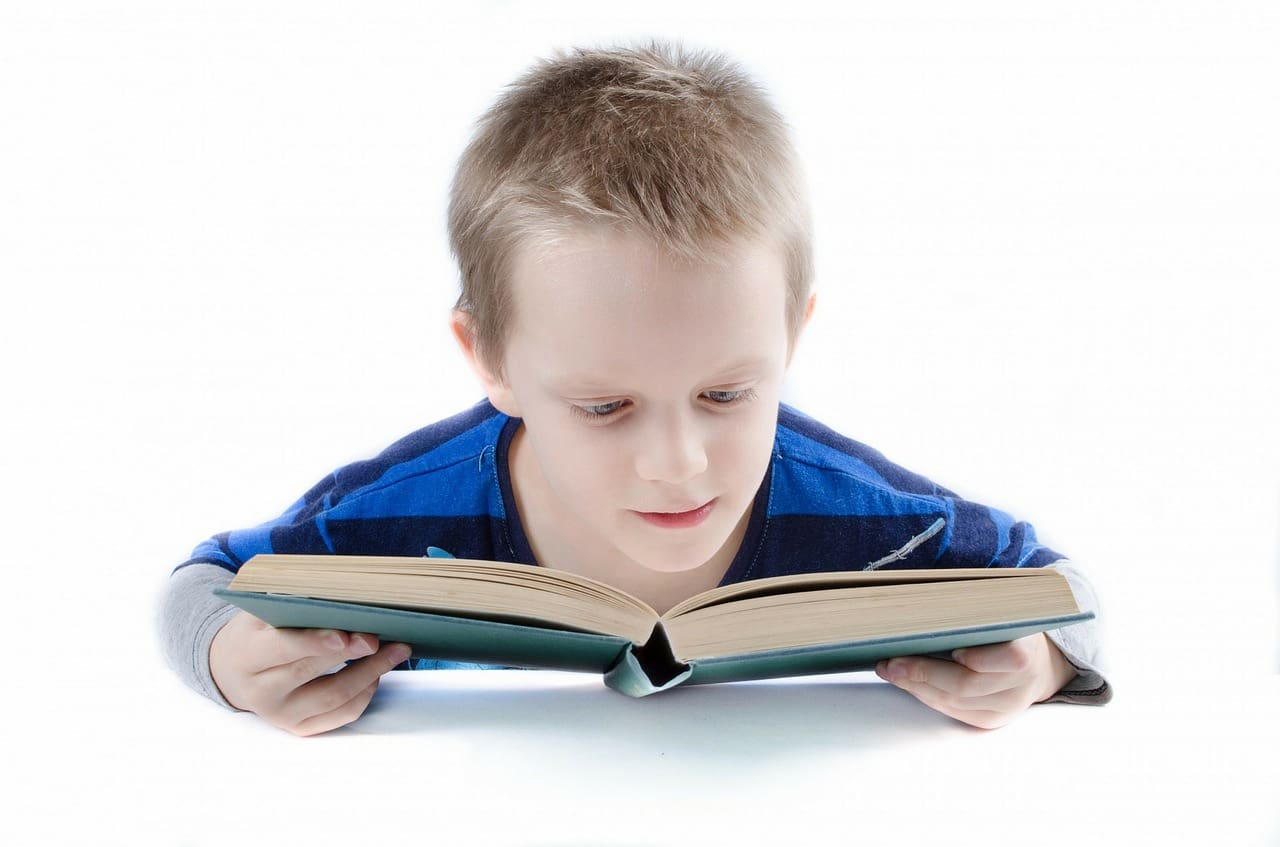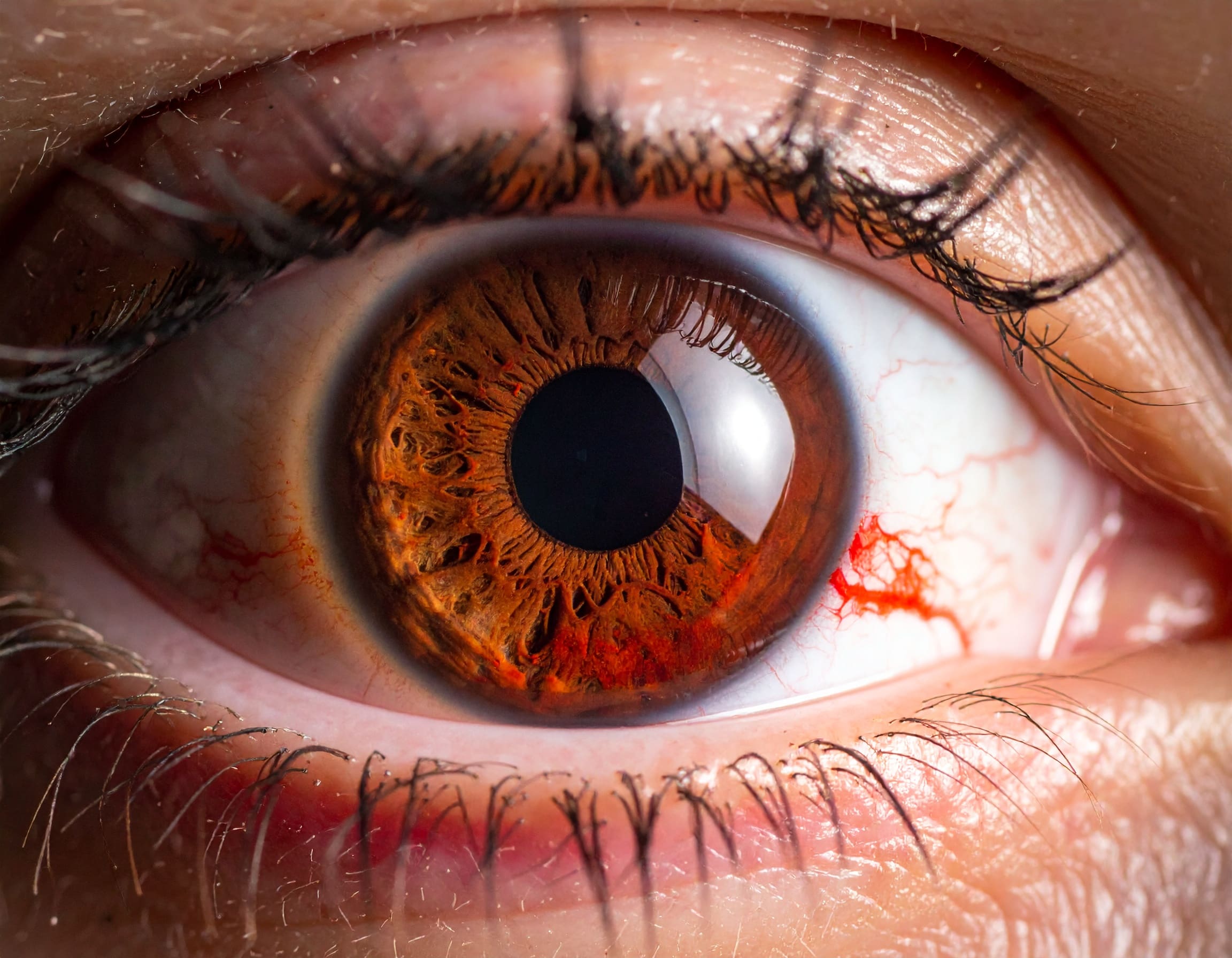Kids Often Don’t Know What They Cannot See.
Why do kids squint? Sometimes, it is habitual; other times, it can be a sign of a focusing error. Problems like myopia (nearsightedness) or hyperopia (farsightedness) can be blamed. These issues need kids to get prescription glasses and treat the issue causing them to squint. However, many kids often believe blurry vision is normal. If you can spot the symptoms of a problem, you can help!
Why Kids Squint?
It’s simple – TO TRY AND SHARPEN BLURRY VISION.
Refractive errors do not allow an image being viewed to fall right on the retina. When that happens, your child cannot view things clearly. As a result, they squint their eyes. Squinting changes the shape of the eyes. It alters the vision and helps focus an image on the retina. When there is a visual origin, your child will squint their eyes to be able to see things more clearly.
Other Reasons
No visual signs? Not habitual? Your child could be squinting due to an involuntary spasm. Although rare, facial tics or sudden, recurrent, involuntary facial muscle spasms can be a possible cause of why kids seem to squint. Facial tics can also follow them into adulthood. If you often see your kids scrunching their noses, raising eyebrows, blinking excessively, and twitching while awake or sleeping, see a optometrist immediately.
Signs Your Child Is Struggling With Their Sight
It’s tough to identify when your kid is struggling with their eyesight. If the problem isn’t corrected, they may think that their vision is normal without telling you that something feeling off. Generally, newborns can see to a distance of 10 inches. Their vision improves in three to four months. It takes over a year to develop proper depth perception and coordination. But vision problems aren’t usually apparent until the toddler years. Most problems manifest by the time they are four years old. The best way to know that is to familiarize yourself with the common symptoms of vision problems:
- Misalignment (in one or both eyes)
- Tilting their head to change the angle of vision
- Frequently rubbing their eyes
- Difficulty with concentration
- Sitting close to the TV
- Holding books and devices up close
- Watery eyes
- Light sensitivity
- Complaining about eye pain or headaches
- Bumping into objects or general clumsiness
Children who need glasses and don’t have them are more likely to be misdiagnosed with behavioral issues in kindergarten. They can be seen as “slow” learners by 5th grade and fall behind. Don’t let that happen to your child. Be watchful of their eye and overall health. The longer vision problems are left untreated, the worse they get.
Squinting Can Be Corrected
If your child is squinting out of habit or has an uncorrected refractive error, it can be fixed. If it is due to facial tics, often it can resolve on its own. But if you see your child struggling persistently, see an optometrist immediately.
Eye Exams Are Crucial
Comprehensive eye exams are crucial to assess the eye health of children. Unfortunately, children from low-income communities often cannot get their eyes checked regularly or have access to prescription glasses due to financial constraints, language barriers, unresponsive health bureaucracies, or the simple fact that there are no eye care professionals in their neighborhood. Many vision care facilities donate eye exams and glasses to the kids when the school nurse deems them unable to pay and the kids are in their neighborhood. They even deliver prescription glasses to the kids at their school.
Vision examinations are important for kids every year or whenever necessary. If you can afford to get your child to see an eye doctor, schedule your appointment right away. It will help identify why your child is squinting and diagnose and manage vision problems like myopia early on. Read more about why your kids need a yearly comprehensive eye exam.






